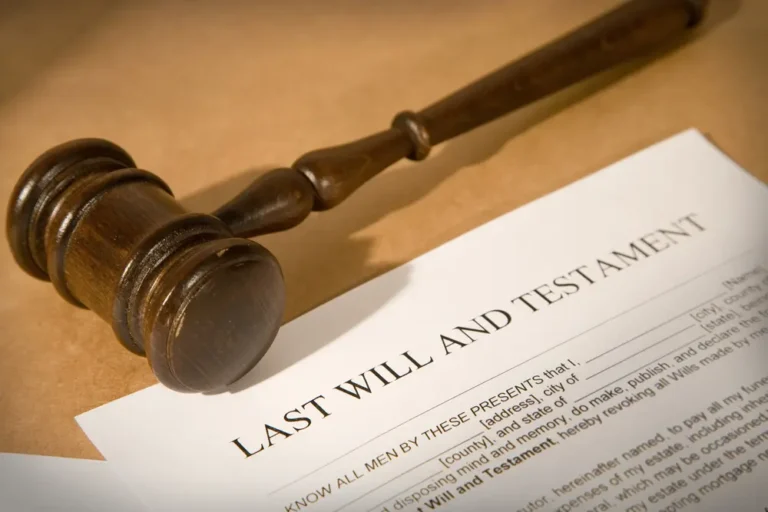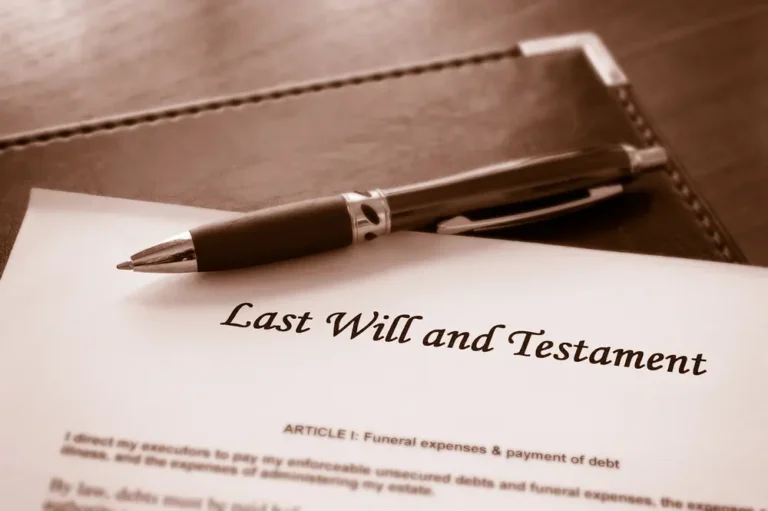Can an Executor of a Will Be Removed?~2 min read

Executors of estates can be removed, but not just because disgruntled heirs do not like them. Texas law allows the removal for specific reasons and has an established procedure for making this happen.
Some Reasons for Removing an Executor of a Will
There are several reasons an executor may be removed. For example, if the executor has:
- Mismanaged the funds either intentionally such as embezzling, or by negligence. If theft of property is proved, the executor may also be criminally prosecuted.
- Has a conflict of interest. One court found an executor had a conflict of interest when, instead of selling a home and dividing the profits among the heirs, he moved into the home of the decedent and expressed his intent to live there forever.
- Failed to comply with statutory accounting requirements.
- Failure to perform other duties required of executors by statute or by the terms of the will.
- Becomes incapacitated in any way.
- Been imprisoned for commission of a felony.
- Any other reason that proves the executor is incapable or negligent with the duty entrusted to him or her.
- Failed to comply with a court order.
Procedure for Removing the Executor of a Will
Beneficiaries who want an executor removed must petition the probate court for removal. The motion can be brought by just one beneficiary even over the objection of other ones. The executor will be allowed to respond to the petition.
The court will hold a hearing where evidence is presented by both sides. The court will make its decision based on whether the petitioner has met his or her burden of proof.
If the court, on its own motion, finds the executor is incompetent or is mismanaging the estate, or is simply “unsuitable,” it can remove the executor. The court can remove the executor on its own motion even if one or more beneficiaries object to the removal.
The court’s order of removal must state the reasons for the removal. The court must also appoint a new executor or issue an order as to how the assets will be distributed.
Whether the removal is the result of the court’s own motion or the petition of one or more beneficiaries, a beneficiary who believes the removal is not in the best interest of the estate may appeal the removal order to the next higher court.
For more information about the grounds for removing an executor, and the process required to make that happen, contact Aubry Dameron to schedule a consultation.








